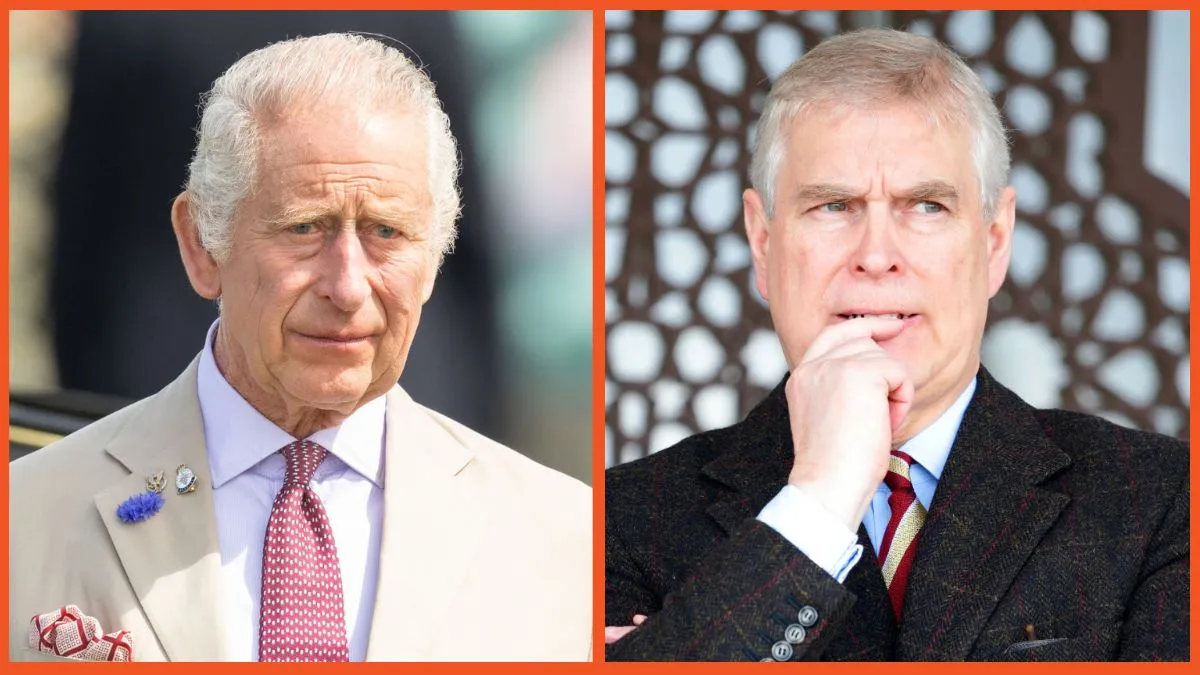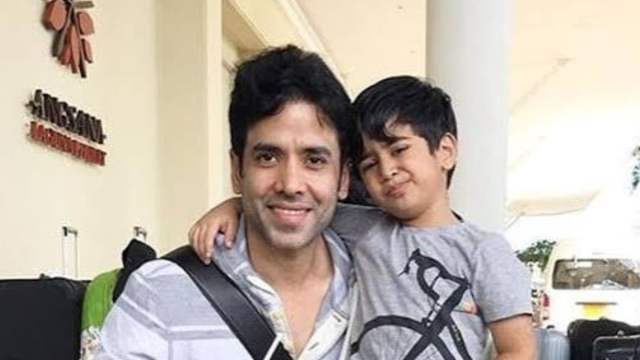Prince Andrew’s penchant for controversy has once again landed him—and the Royal Family—under an unflattering spotlight. Allegations linking him to a suspected Chinese spy, referred to as “H6,” have spiraled into a full-blown crisis, with King Charles reportedly at his wit’s end. For a monarch striving to modernize the monarchy and steer it away from past scandals, Andrew’s actions are a frustrating reminder of the institution’s vulnerabilities.
H6, a suspected agent of the Chinese Communist Party, allegedly had access to some of the most iconic royal residences, including Buckingham Palace and Windsor Castle. Worse still, H6 was reportedly helping Andrew court Chinese investors—a move driven by Andrew’s apparent financial desperation. According to intercepted MI5 documents, the Duke of York was described as being in a “desperate situation” and willing to “grab onto anything.” This desperation raises significant concerns about whether foreign money has compromised Andrew’s finances and, by extension, national security.
H6’s ties to high-level Chinese Communist Party meetings—and his subsequent ban from the UK as a suspected spy—only deepen the seriousness of these allegations. The thought of such a figure having unrestricted access to royal circles is a nightmare scenario for MI5 and King Charles alike.
The scandal couldn’t have come at a worse time for Charles, who has been trying to define his reign as one of renewal and modernization. Andrew, who has already been stripped of his royal duties, military titles, and public goodwill following his connections to Jeffrey Epstein, remains an indelible stain on the monarchy.
Yet, as much as Charles might want to distance the institution from his brother, there are limits to what can be done. Royal insiders note that every possible sanction has already been imposed. The Palace lacks the legal authority to audit Andrew’s finances, meaning the family is left relying on his word—a shaky proposition given his track record.
This latest scandal has the potential to overshadow the Royal Family’s broader efforts to remain relevant in a modern world. The Prince and Princess of Wales, often hailed as the monarchy’s relatable and forward-thinking representatives, are working hard to craft a progressive image. Meanwhile, Charles and Camilla focus on diplomacy and public service, both of which can be derailed by Andrew’s ongoing controversies.
For the British public, Andrew has become synonymous with privilege gone awry. His inability—or unwillingness—to stay out of trouble keeps pulling the Royal Family into damaging narratives, raising questions about whether his presence undermines the monarchy’s legitimacy.
At this point, Andrew’s reputation as the “permanent problem child” of the Royal Family seems cemented. His ties to Jeffrey Epstein already marked a low point, but allegations of espionage complicity add an unprecedented layer of gravity. For King Charles, it’s a bitter pill to swallow. The monarchy thrives on public trust, and Andrew’s actions threaten to erode it further.
While Charles can’t divorce his brother, it’s clear he’d probably like to. For now, all he can do is manage the fallout and hope that the public—and the Palace’s reputation—can endure yet another chapter in Andrew’s scandal-plagued saga.




